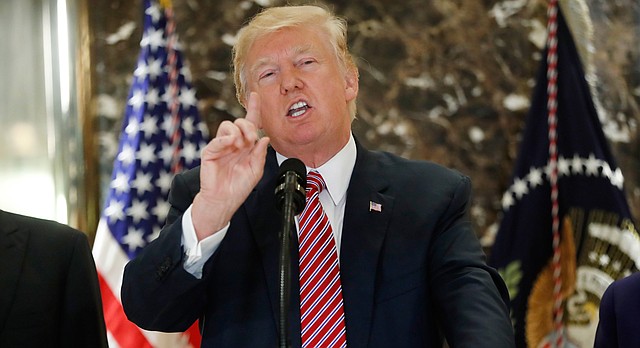- About Us
- Policy Center
- Learn
- Press Room
- Blog
- Get Involved
- Donate
- Donate to J Street Online
- Make a Gift in Someone’s Honor or Memory
- Make a Monthly Gift
- Tax-Deductible Donations
- Giving by mail

With reports that the White House is likely to release a statement on President Trump’s long-delayed Israeli-Palestinian “peace plan” as early as tomorrow, here is what we know already about the Kushner-led proposal:
There is mounting evidence suggesting the Trump administration may take the unprecedented step of unveiling its “peace plan’’ before Israel’s March 2 election, and perhaps as early as next week.
It’s important to understand that the Trump administration’s so-called ‘Deal of the Century’ is not a ‘peace’ plan in any conventional sense. The administration has made no attempt to broker Israeli-Palestinian negotiations and or to reach any good-faith agreement.
Instead, the plan is expected to be the culmination of a series of steps taken by Trump and his team to advance the annexationist agenda of Prime Minister Netanyahu and the far-right settlement movement in Israel. The known contours of the plan appear designed to formalize, entrench and legitimize permanent Israeli control of the occupied West Bank and to undercut any prospect of Palestinian statehood via a two-state solution.

U.S. President Donald Trump’s special Mideast envoy Jason Greenblatt, U.S. Ambassador to Israel David Friedman and senior aide Jared Kushner meeting Israeli PM Benjamin Netanyahu.
The centerpiece of the ‘plan’ is expected to be an endorsement of Netanyahu’s pledge to annex the Jordan Valley, an area comprising approximately 30% of the West Bank. This may be shrouded in the language of ‘perpetual security control’, ‘recognizing sovereignty’ or ‘extending Israeli law’.
Whatever the terminology, any annexation in the West Bank would violate international law, trample on the rights of Palestinians and endanger Israel’s future as a democratic homeland for the Jewish people. Such a plan would exacerbate the Israeli-Palestinian conflict, undermine pro-peace moderates and empower the most dangerous extremists on both sides.
On December 6, the House of Representatives anticipated the danger of Trump’s actions by passing H.Res.326, which opposed unilateral Israeli annexation of the West Bank, asserted longstanding US opposition to settlement expansion and reaffirmed that any viable US peace plan must include support for a two-state solution.
The resolution was supported by virtually the entirety of the Democratic caucus, including every Jewish Democrat in the House. It was endorsed by a wide range of pro-Israel groups including J Street, the Union of Reform Judaism, the Anti-Defamation League, the Israel Policy Forum and the Progressive Israel Network.
It was followed by a letter from 106 Members of Congress to Secretary of State Pompeo, warning that his announcement that the US would no longer regard Israeli settlement expansion as illegal “severely damaged prospects for peace” and “blatantly disregards” international law.
Should a plan be unveiled in line with the provisions above, both Congress and 2020 presidential candidates must make clear that it does not represent American interests or long-term, bipartisan US foreign policy. They should signal that serious steps will be taken in the next Democratic administration to reverse course, reach a two-state solution and impose real consequences for any unilateral Israeli annexations.
We're building a movement to stand up to the Trump-Netanyahu agenda and put forward a diplomacy-first vision of American leadership.